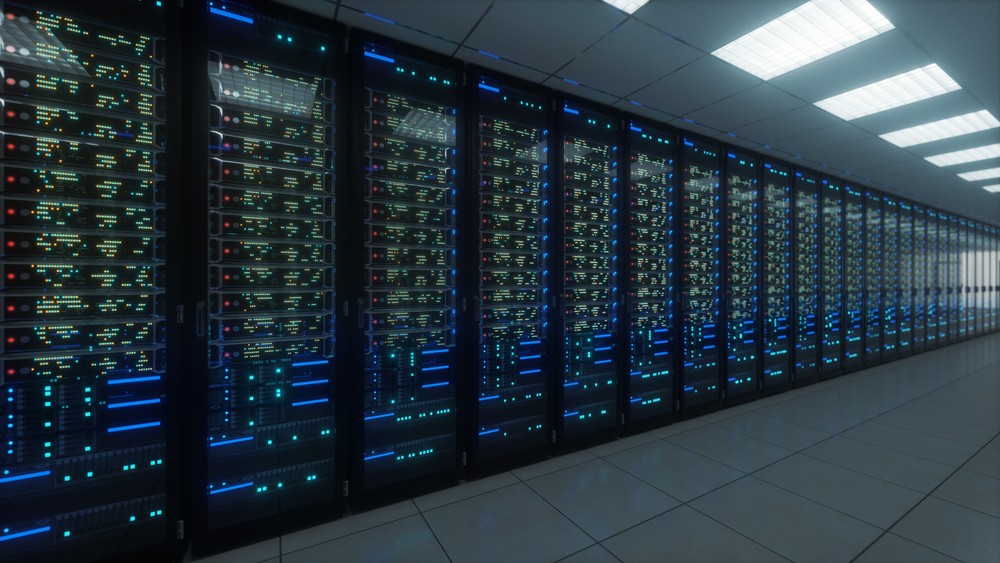The concept of High-Performance Computing (HPC), also known as supercomputing, has been around for years. The first supercomputers were introduced in the 1960s. It wasn’t long until they became a great attraction to the scientific community due to their capacity to process huge volumes of data at high speed. Decades later, there have been continued advancements in the high-performance computing space, especially over the past few years. A great way to illustrate this is by looking at the improvements in relation to their performance. A few decades ago the fastest supercomputer had a peak performance of 3.2 teraflops. Today, the newly named world's fastest supercomputer, Fugaku, can achieve a total of 415.5 petaflops. This new supercomputer, produced in Japan, is currently being deployed in the fight against the coronavirus.
The popularity of HPC has expanded exponentially in recent years. Previously, HPC systems were used mainly by large corporations, universities or government agencies that required high-performance data computation. Now, nearly every single industry uses HPC, from the manufacturing and oil & gas industries to healthcare, robotics and aerospace. The demand in different fields to process large volumes of data, with speed and accuracy, has significantly boosted the global HPC market. A recent report showed how the global HPC market is expected to continue growing, going from USD 37.8 billion in 2020 to USD 49.4 billion by 2025, at a compound annual growth rate of 5.5% during the forecast period.
Factors driving the HPC market growth
With technology rapidly evolving, our technological capabilities become more complex and so do calculations. The advancements in the technology industry have created new needs as large volumes of data demand incredible amounts of power to process those numbers requiring larger and more powerful computers. Due to the adoption of smart devices and gadgets, technology is more present than ever before in our daily lives. We are constantly generating enormous amounts of data that need to be converted into relevant insights. Moreover, the increasing focus on emerging concepts such as machine learning, artificial intelligence and IoT goes also hand in hand with the demand for HPC solutions. But it is not only these technologies behind the HPC boom. The development of new models of processing and automation have outdone the hardware being used today. Innovative technologies require new sophisticated hardware capable of performing millions of calculations per second. In the past, HPC was an expensive and out-of-reach option for many. However, cost-effective solutions are now made available, and so small and medium-sized businesses are starting to adopt HPC.
What are the benefits of HPC?
High-performance computing is synonymous with speed. The increased processing speed HPC systems provide is one of the key advantages, as they are able to process data and solve complex calculations within seconds – far less time than traditional computing. Supercomputers are incredibly powerful and their reach goes beyond what humans can do. The use of HPC systems streamlines business operations, allowing businesses to do more in less time. These systems are also able to identify issues that can be fixed by the IT department in order to improve speed and performance. HPC’s ability to process and deliver fast results means less time, hence less money. In addition, the affordability of HPC has recently improved as new cost-effective solutions emerge allowing businesses to afford the services. Moreover, new alternative options such as HPC in the cloud enable businesses to get performance benefits, paying only for what they use.
The future of HPC
As the importance of data collection increases and technology becomes more complex with applications requiring faster processing, high-performance computing is set to become a necessity. There is no doubt that, as technology evolves, HPC systems will become more powerful and a wider range of affordable HPC solutions will appear. As a result, the number of businesses demanding HPC services will continue to increase with much of this growth focused on cloud-based HPC deployments.
We live in a world that is increasingly driven by technology. As we continue to increase the number and variety of technical software, hardware and appliances in our everyday lives as well as our work lives, the need for HPC to maintain those technologies will inevitably increase.




